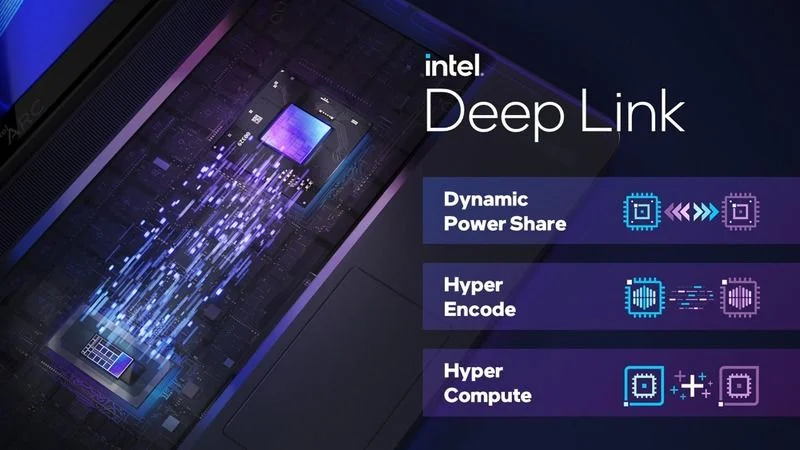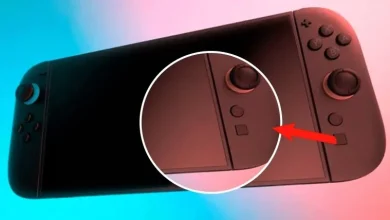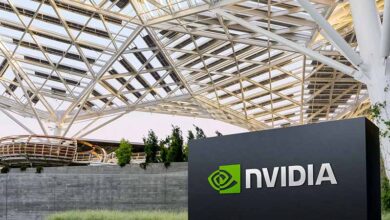Intel Quietly Ends Deep Link Support
Intel‘s Deep Link technology, which was developed to provide synergy between CPUs and GPUs, has now officially ended. This software package, which was introduced in 2020, was questioned by users who had been experiencing problems for a long time, and the expected explanation came not directly with a press release, but with an Intel representative’s response on GitHub. Deep Link is no longer actively developed and will not be supported in new versions.
Deep Link Falls Out of Sight with Compatibility Issues and Lack of Support
Intel Deep Link was a performance-enhancing solution that only worked on certain hardware combinations. The system, which was activated by using 11th, 12th and 13th generation Intel processors and Arc Alchemist graphics cards together, had four main features such as Hyper Encode, Stream Assist, Dynamic Power Share and Hyper Compute. These features aimed to use more efficient resources in tasks such as video processing, broadcast stream management and artificial intelligence acceleration.
However, throughout the life of the technology, users have complained about instability and incompatibility, especially in applications such as OBS Studio and Handbrake. The fact that some features only work with certain manufacturer support has been a major obstacle to widespread use. In addition, the lack of Deep Link support in new generation CPUs such as Meteor Lake has raised questions about the future of the technology.
In recent months, Intel has stopped including Deep Link in its official introductions or new product announcements. However, the final confirmation came with a statement made by an employee named “Zack-Intel” under a support thread on GitHub. The response given to users included the following statements: “Deep Link is no longer actively developed and will not receive updates in the future.”
While Deep Link is still available on systems compatible with existing hardware, there will be no official support for future driver or software issues. This decision may prompt new alternative searches, especially for users who rely on Deep Link in workflows such as video editing and broadcasting. No additional explanation has been given as to why Intel has quietly abandoned this technology.
Read More: Superman Is Really Homeless This Time





